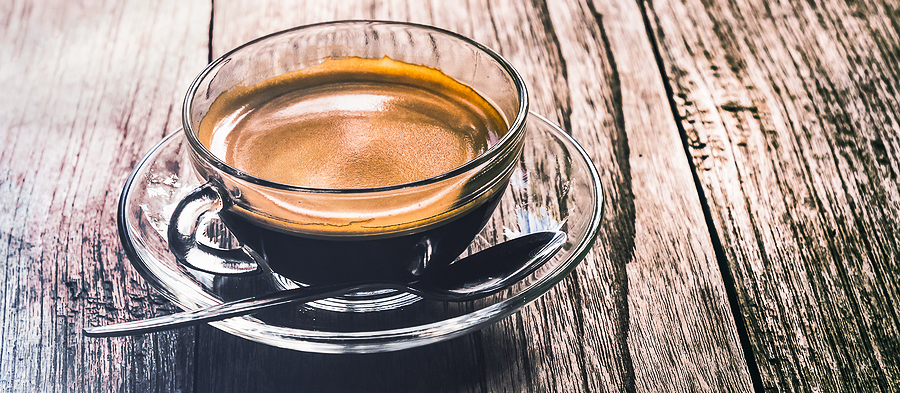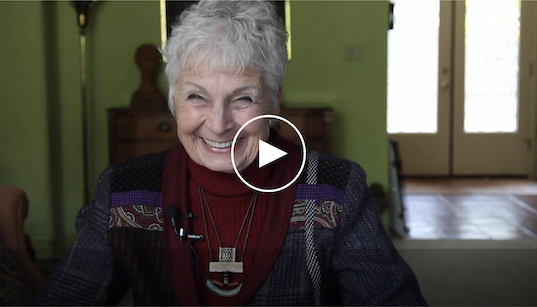Caffeine is a natural psychoactive substance widely used in foods and beverages across the world. Caffeine is found in many plants, including coffee beans, tea leaves, cacao pods, and kola nuts. Caffeine is also synthetically produced and used in medications and energy drinks for its energizing and alertness-promoting effects.
Caffeine And Your Brain
When we consume caffeinated drinks and foods, our stomachs and small intestines quickly absorb the caffeine. The maximum effects of caffeine usually occur between 30-60 minutes within consumption, although this timing can vary widely among individuals. After being absorbed, caffeine is efficiently distributed throughout the whole body, and it crosses the blood-brain barrier.
Inside the brain, caffeine blocks adenosine receptors. Adenosine is a sleep-promoting chemical that is produced in the brain during our waking hours. Normally, adenosine builds up in the brain the longer we’re awake. The more it builds up, the sleepier we become. When caffeine blocks this process, we remain alert and vigilant.
Research has also shown that caffeine interferes with circadian melatonin rhythms, delaying the onset of sleep if consumed close to bedtime. Circadian rhythms are physiological patterns, like our sleep-wake cycle, that operate on a 24-hour clock. They are held in check by the external cycle of day and night, and by internal cellular processes. The buildup of adenosine contributes to this process, and caffeine’s interference with this process may explain its impact on circadian rhythm
How Caffeine Effects Your Sleep
Caffeine can impact the onset of sleep and reduce sleep time, efficiency, and satisfaction levels. Older adults may also be more susceptible to caffeine-induced sleep troubles. Caffeine notably reduces the time of slow-wave sleep, which is the stage of deep, restful sleep that leaves us feeling refreshed and alert in the morning. Caffeine-interrupted sleep can lead to sleep deprivation the following day, which is characterized by fatigue and problems with learning, memory, problem-solving, and emotion regulation.
One study examined the effects of caffeine intake zero, three, and six hours before bedtime, and found that even caffeine consumed six hours before bed11 could reduce sleep time by one hour. In addition, study participants reported sleeping problems when consuming caffeine 0-3 hours before bed, but they did not realize their sleep was also disrupted when consuming caffeine six hours before bed. If you have difficulty sleeping, consider limiting any caffeine intake six hours before bed.
Will Caffeine Keep You Awake?
Caffeine can cause a burst of energy as it stimulates the central nervous system . Most people drink coffee in the morning to help them wake up, but caffeine consumed at night can cause more harm than good. While caffeine can boost cognitive function in the severely fatigued, it cannot permanently ward off sleep or fix the effects of long-term sleep loss. Even though caffeine can marginally boost performance, it is no substitute for a restful, restorative night of sleep.
It is also proposed that the effectiveness of caffeine varies depending on the dose and the state of the individual. For example, the arousing effects of caffeine may benefit someone who feels foggy and tired. For someone who is already alert and aroused, however, caffeine may cause over-arousal and lead to anxiety, restlessness, and dependency.
How Can I Improve My Sleep?
Monitoring your caffeine use is just one way you can help yourself get regular, restorative sleep. Other lifestyle choices, like a healthy diet and exercise regimen, can contribute to healthy sleep. Good sleep hygiene is comprised of all the habits and routines that optimize your sleep quality:
- Sleep environment: Cool, comfy, quiet, and dark. Give your body and mind a peaceful and relaxing environment to rest.
- Lifestyle: Moderate alcohol and caffeine consumption within recommended guidelines, exercise regularly, and don’t smoke!
- Routine: Make a regular bedtime, including scheduled time beforehand to wind down, dim the lights, and put away electronics and other stimulating activities.
By following this tips, you to will get the great nights sleep you need and deserve.









 Download Brochure
Download Brochure